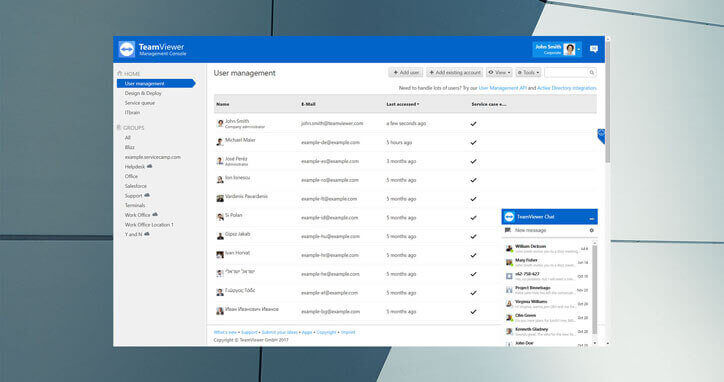

As you say, they’re pretty different workflows, so it can be tricky to compare. I’ve got lots of plans for Audiobus, to increase its value as an audio unit host, and possibly to fill the gap left by IAA if it’s ever switched off.ĭo we lose anything by shifting to AUv3 versus IAA? (I have to admit I have a slightly tough time wrapping my head round this myself, in that there’s a workflow paradigm shift here, so it’s not so fair to compare the enabling technologies alone…)ĪUv3 is actually quite impressive lately, and continues to grow. I doubt IAA is going anywhere any time soon though deprecations can last many years.ĭoes this mean the Audiobus app will reach its end of life? Do you have plans for further development in other areas? The technology that replaces it, Audio Unit v3, is a big step forward in terms of usability and robustness, and focusing their own attention and that of the developer community on AUv3 is a good thing. The latter is presently based on IAA, but doesn’t have to be.Īs for the IAA deprecation, I consider this a very positive move by Apple. To be specific, this is a depreciation of IAA rather than Audiobus – Audiobus is a combination of a host app, and a communication technology built into supporting third party apps. Michael explains to CDM what’s going on.Ĭan you comment on the deprecation of Audiobus and IAA for iOS? It’s safe to say this should mean compatibility at least for the forseeable future, but not much future in OS updates after that, given Apple’s past record? That may mean for backwards compatibility it even makes sense to hold on to one old iPad and keep it from updating – not only because of this development, but to retain consistent support for a selection of instruments and effects.īut if you’re worried about Audiobus dying in iOS 13 – don’t. It’s tough enough to make money on an initial release, tougher still to squeeze any money out of upgrades – and iOS developers are often as small as one-person operations.

That is still a worry for many users, as many iOS developers do abandon apps without updates. Apple often deprecates tech quickly – as in one major release later (iOS 14?) – but that’s anyone’s guess, and can take longer. “Deprecated” in Apple speak generally means that something remains available in this OS release but will disappear in some major release that follows. This won’t mean you lose access to your IAA apps right away. iOS and the new iPadOS will deprecate IAA, according to the iOS 13 beta release notes. So now, having pushed their own format, Apple is abandoning it. And Tyson’s team developed this before Apple followed with their own IAA or the plug-in format AUv3. That expectation was also familiar from plug-in formats on desktop and inter-app tools like the open source JACK and Soundflower.

#3rd party buss plugins for garageband Patch
Take an interesting synth, add a delay that sounds nice with it, patch that into a recording app – you get the idea. Audiobus changed all that, by suggesting users might want to combine apps the way they do on an stompbox pedalboard or wiring gear together in a studio. At first, iOS music apps were each an island. So he’s familiar with both what users and developers want here.Īudiobus is key. And he’s made frameworks for other developers, too, not only supporting countless developers working with Audiobus, but also creating the framework The Amazing Audio Engine, now part of Audiokit. Michael Tyson created popular music apps Audiobus and Loopy. What will that mean? I spoke with Audiobus’ creator to find out. But news came this week that Apple would drop support for its own IAA (Inter-App Audio), used by apps like KORG Gadget, Animoog, and Reason Compact. Many iOS music makers want to route audio between apps – just as you would in a studio.


 0 kommentar(er)
0 kommentar(er)
